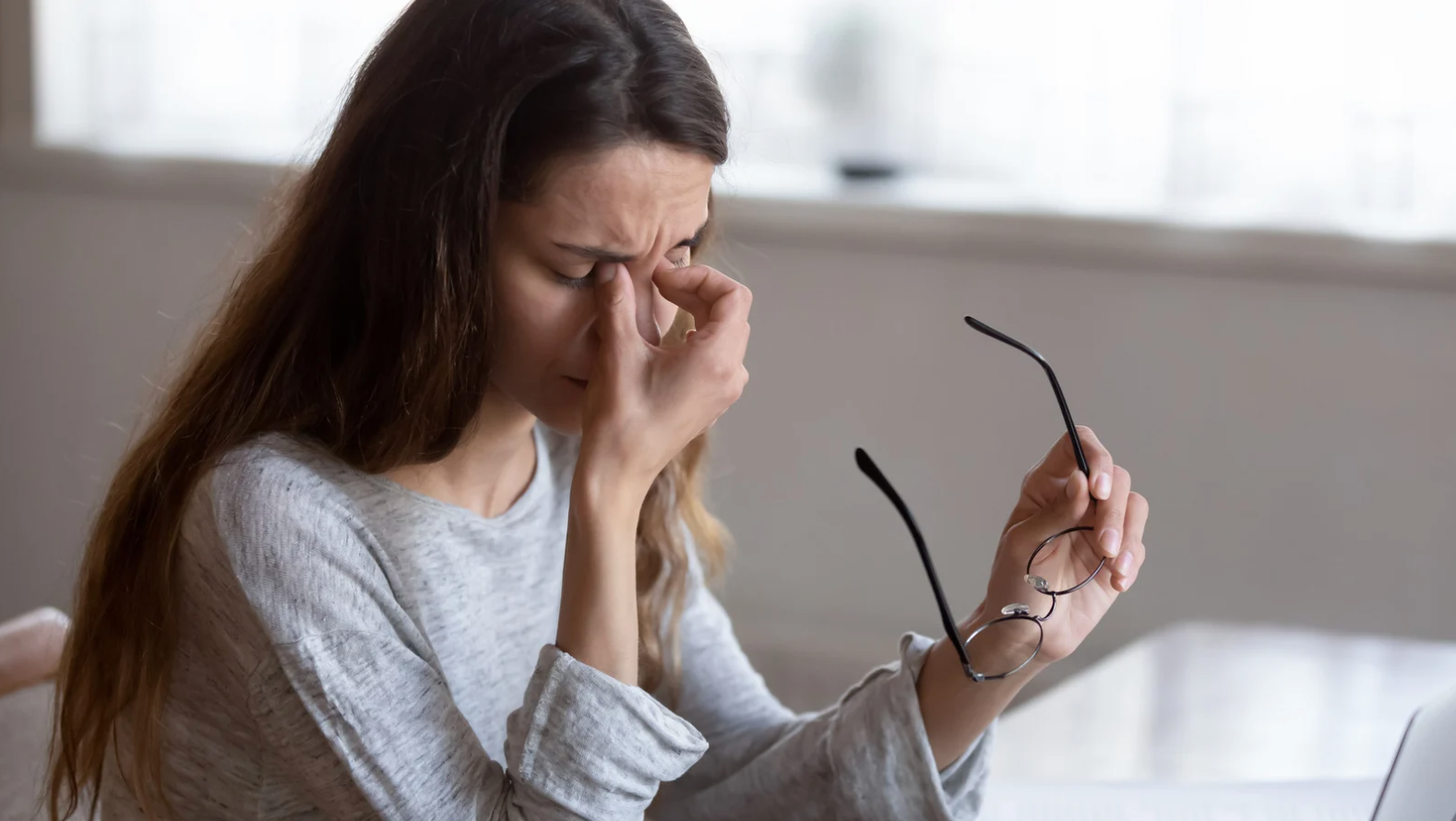Over 20,000 people in NZ and 100,000 people in Australia suffer from chronic fatigue syndrome (CFS). That is a prevalence of 0.4% in both countries – with some literature suggesting it could be wildly under-reported due to the complexities of diagnosis.
We’ve talked a lot about chronic fatigue syndrome (to refresh your memory, check out our full CFS blog here) – but to put a very complex condition in very simple terms, CFS is:
“A condition characterised by severe, persistent fatigue lasting longer than 6 months, and a number of other debilitating symptoms, which cannot be explained by any other medical condition.”
As the name suggests, chronic fatigue syndrome comes with a number of symptoms, but fatigue – and especially post-exertional fatigue is the cornerstone symptom. People diagnosed with CFS find themselves unable to partake in many day-to-day tasks and after diagnosis, their lives look very different than they once did.
It can be hard to put yourself in the shoes of someone experiencing CFS, so we thought we would help out with a real-life case study of someone who recently finished working with us.
Meet Claire*
Claire was a busy, motivated GP who in her spare time, enjoyed getting together with friends, walking, upskilling in the medical world, and getting a sweat up in spin classes most days of the week.
In 2019, Claire experienced a one-off seizure – which catapulted her into 12-months of medical scans, appointments, and medications to get to the bottom of what was going on. Throughout, Claire was experiencing a number of confusing symptoms such as tinnitus, migraines, poor immunity, cognitive troubles, and most notably, debilitating fatigue. Early 2021, after meeting with a specialist in the field of fatigue, Claire was finally diagnosed with chronic fatigue syndrome.
Claire describes that her diagnosis came with “mixed emotions”. On one hand, the symptoms finally made sense and she was glad to know what was going on – on the other hand, it was extremely difficult to come to terms with a diagnosis that in Claire’s eyes, had such dire consequences and poor prognosis.
Initially, Claire was referred to a local clinic where she partook in graded exercise therapy (GET) for just over three months. Unfortunately, this mode of treatment was not well suited to Claire and paired with her go-getter personality, meant that she over-exerted herself and her fatigue and other symptoms got substantially worse. On top of this, Claire attempted several returns to work which were unsuccessful. At this point, Claire was spending consecutive days in bed and struggled to even hold a conversation with her husband. Claire was in a state of dismay and understandably, extremely fearful, in relation to the future of her career and health. Then came along, our exercise physiologist Tessa, and the Bounce Fatigue Management Program!

The ‘Bounce’ Approach
Claire’s case manager was familiar with our services and, like fate, came across an advertisement for our latest fixed-fee program, “Bounce” in May 2021. Of course, her mind went straight to Claire. In came the referral to Specialised Health.
When Tessa initially met Claire at her home, they spoke about her outlook for the future and current barriers. With a collaborative approach, they set out to implement some strategies. At this stage, a draft of the updated N.I.C.E guidelines had just been released, and considering her previous experiences, Claire was ecstatic to hear that our approach was in line with the latest research. She felt safe and heard.
Across the next 12-weeks, Tessa guided her through rainbow task scheduling, heart rate variability monitoring and numerous strategies to support her nervous system. First, they focused on physical fatigue, and then Claire progressed to a second phase where cognitive fatigue resilience was the goal.
By first setting a clear baseline for what her body was capable of, and then slowly adding tasks in line with HRV readings, Claire was able to again participate in many of the things she had lost the capacity to. At the end of our involvement, Claire had significantly reduced her fatigue and improved quality of life and confidence. Claire was regularly going out with friends, walking (for up to 90-minutes!), and even attending online conferences.
Chronic fatigue syndrome is debilitating. Because of its consequences, it is also extremely rewarding for us as EPs. Day by day, we are giving power back to clients, to take ownership of the life they feel they gave up to fatigue.
A few final words from Claire…
“The hardest part of ME/CFS has been totally losing the ability to function and participate in life.
Everything that you take for granted is now difficult and things you do not normally think about like watching TV and having a conversation take energy and effort.
Learning how to pace using HRV has been invaluable and learning how to listen to your body and give yourself permission to rest and meditate has been very useful.
I feel that I am now past the point before my relapse and can keep slowly nudging my energy envelope onwards and upwards.”
* Name changed for privacy
Author: Tessa Nielsen
Clinical Exercise Physiologist and Content Creator at Specialised Health
Let’s connect, find us:
Have you got a claimant that would benefit from E.P. support? Refer to the team!
#exercisephysiology #exerciserehab #rehabilitation #lifeinsurance #incomeprotection #ctp #workcover #mobile #telehealth #telehealthprogram #mobileexercisephysiology #returntowork #fatigue #mentalhealth #cancer #musculoskeletal #pain #physio #physiotherapy #Sydney #Brisbane #Melbourne #Adelaide #Auckland #Waikato #BayofPlenty #Wellington #Otago #Christchurch



